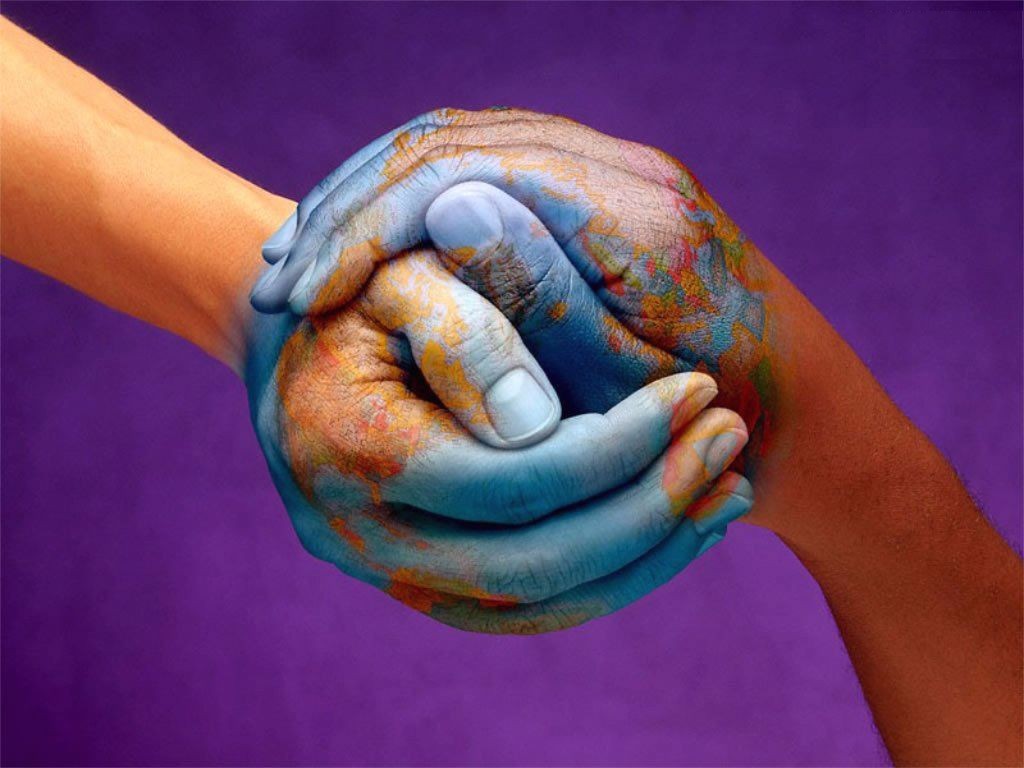15 results for tag: Recovery Treatment
The Future Of Mental Health Treatment
I think most people would agree that the mental health system is not effectively serving our communities. Individuals can be treated as a "problem" or "defective/broken". Couples are often seen as failures. Families, especially parents, get judged and belittled. Where is the compassion or understanding? Why are most therapists, clinicians, and counselors more concerned about charging a rate that "respects their self-value" than considering their client's ability to receive services without adding undo stress due to prohibitive costs or not even being able to afford the fees at all? Then there is the whole insurance industry!!!
Holistic counselors, therapists, social workers, and psychologists offer respite from the mainstream mental health system, and we still often do not meet the needs of our clients. There are so many variables that contribute to mental and emotional challenges, including diet, sleep/rest, exercise, "the gut", the nervous system, trauma(s), finances, work, school, relationships, environment, sensory issues, childhood attachments or lack of attachments, etc. We share so many common characteristic and experiences as humans but our specific journeys are incredibly complex and unique, therefore, treatments needs to be unique to the individual, couple or family.... How Iceland Got Teens to Say No to Drugs – The Icelandic Model
I become excited and inspired when I see concepts, ideas, and methods that I use in my work validated by international scientists and authors. The two articles that I have included excerpts from offer alternative ideas about the use and abuse of alcohol, tobacco, and drugs. From my experience, combining these two perspectives is the core of my work, supporting and facilitating shifting patterns, behaviors, obsessions, and addictions.
I typically integrate these three principles/methods for shifting unwanted patterns and behaviors.
- Exercises supporting the discovery and understanding of our patterns and thinking.
- Explore what we feel connected to, or the lack of connection, to people, animals, friends, family, and our environment. Create a plan to improve and expand our connections. (Read Johann Hari's views on addiction and connection at the bottom of this post.).
- Brainstorm interests, passions, and activities that we have either enjoyed in our past or present or would like to explore, including creative expressions, physical activity, opportunities to connect with the natural world, or anything that inspires or stimulates us. We follow the brainstorming process by implementing some of these interests and activities into our lives before or during launching into facilitating the shift in the unwanted behaviors. In short, let's find out what will inspire and stimulate you to replace the patterns, behaviors, and addictions that are problematic. (This parallels the process Harvey Milkman researched in the U.S. and implemented in Iceland, discussed in the main article focusing on teens and addiction.)
Being Sober – Alcoholism Is About Pain; Not Drinking Too Much
Getting and staying sober is a monumental task. It takes an incredible amount of effort and commitment, especially in the beginning. Getting sober isn't the goal, though. The goal is to become at minimum a decent human being, if not an exceptional one. Somehow our culture has created this illusional that staying sober is the destination, it's not even close. Getting sober is the springboard to something better. Staying sober is not the goal; getting married isn't the goal of a relationship. The goal for both alcoholics and marriages is to be healthy and balanced and live your best life with solid, sustainable relationships that support love, connection, and respect.
 ...
...
 ...
... Women & Booze: Is Everything We Know About Alcoholism Wrong? – mindbodygreen.com
This is an interesting article on Women & Booze. The main thesis is that men and women interact with alcohol differently. Therefore, Alcoholics Anonymous is not the best option for women since many are not alcoholics, according to the author. There are several important points she raises about women & booze, such as the lack of ability of A.A. to adapt and update program elements that may not make sense any longer or maybe never did. This is valid, and I have presented similar thoughts before. In addition, the chapter "To Wives" was not actually written by Lois Wilson, which further supports the claims of AA being anti-feminist. Who ...
A Year Without Alcohol
A Year Without Alcohol is an awesome blog post by Kelly Fitzgerald about her year without alcohol. Kelly's experiences are fairly normal for someone making a choice to become sober and lead a sober lifestyle. I am including her story because it is important for people to read the experiences of those who may be going through something similar and know it can and will get better.
...
A Sober and Healthy Life
I remember in the late 80s and early 90s when AA, NA, and all of the 12-step programs first began to gain mainstream popularity and support. At the time, there was almost a sense of hysteria about alcoholics and addicts finding a "new" method to create a sober and healthy life. In a matter of just a few years, there were registered 164 different 12-step programs based on the structure and foundation of Alcoholics Anonymous. Soon after that, the very popular book Codependent No More by Melody Beattie became a bestseller, and it seemed as if everybody was claiming they were now codependent or somebody in their life was codependent. Codependency was all the rage. It is funny to think that pretty much everybody was claiming somebody or themselves to be either an alcoholic, addict, or codependent as if these were goals to achieve in life.
...







